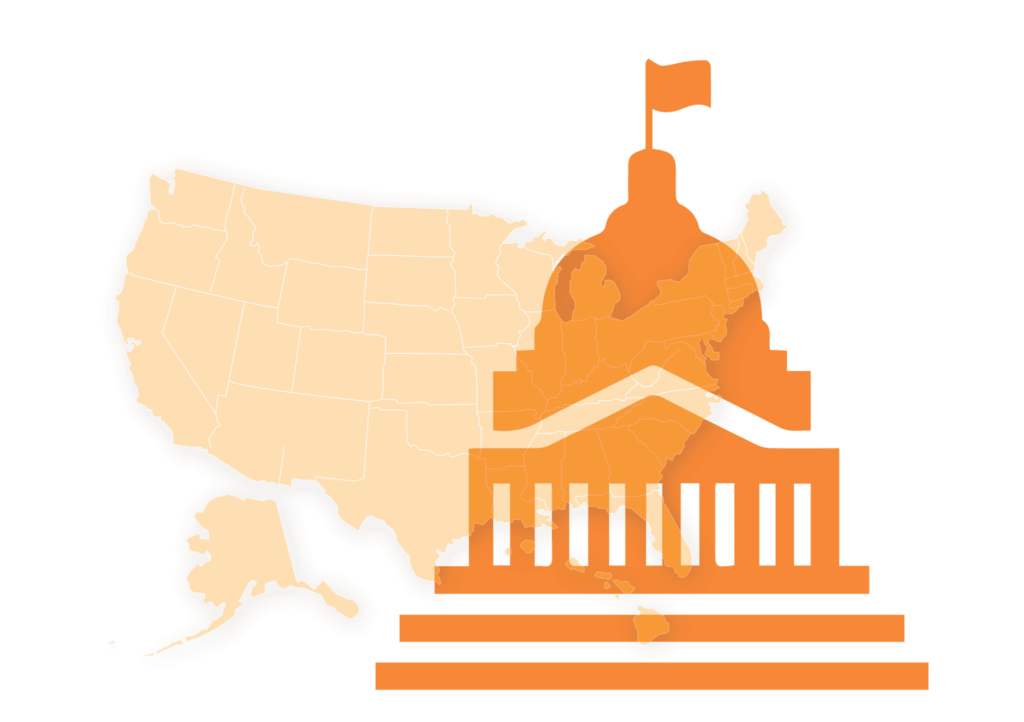House Education Committee Advances Short-Term Pell Bill
Statement from Augustus Mays, Vice President for Partnerships and Engagement of EdTrust, on the Bipartisan Workforce Pell Act.

FOR IMMEDIATE RELEASE
CONTACT:
media@edtrust.org
202-731-9582
Statement from Augustus Mays, Vice President for Partnerships and Engagement of EdTrust, on the Bipartisan Workforce Pell Act
WASHINGTON — “Earlier today, the House Committee on Education and the Workforce voted to advance H.R. 6585, the Bipartisan Workforce Pell Act. While the bill does include important guardrails designed to ensure that only high-quality programs can participate, other provisions raise significant concerns — chief among those being the inclusion of for-profit colleges and fully online programs, many of which yield low return on investment for students and provide training that may not meet current industry needs. This only furthers unemployment and underemployment for communities of color and students from low-income backgrounds.
“Also, while the guardrails included have merit, additional data collection may be necessary to ensure fidelity to the mission and outcomes of the certificate and other short-term programs being evaluated. Finally, the proposed cost offsets in the bill erect barriers to students who want to pursue higher education and assume that colleges may reject federal grant funding for students from low-income backgrounds to help fund this expansion. Given the successful expansion of the Pell Grant to students who are incarcerated and the simplification of the FAFSA — which will provide more Pell Grant aid to more qualified recipients — it is important to protect Pell by being mindful of potential shortfalls within the program.
“Ed Trust has advocated for doubling the Pell Grant, reinstating the automatic inflation adjustment, making the program fully mandatory, and expanding it to DREAMers and TPS recipients. While there is still work to do to construct pathways for students to earn valuable credentials, we urge Congress to address the above concerns to ensure that Pell remains effective and equitable during this process, and we continue to support a broader discussion about how to improve and expand the Pell Grant program.”
###